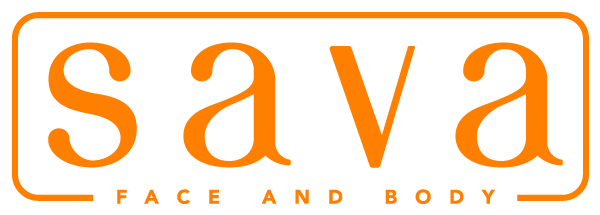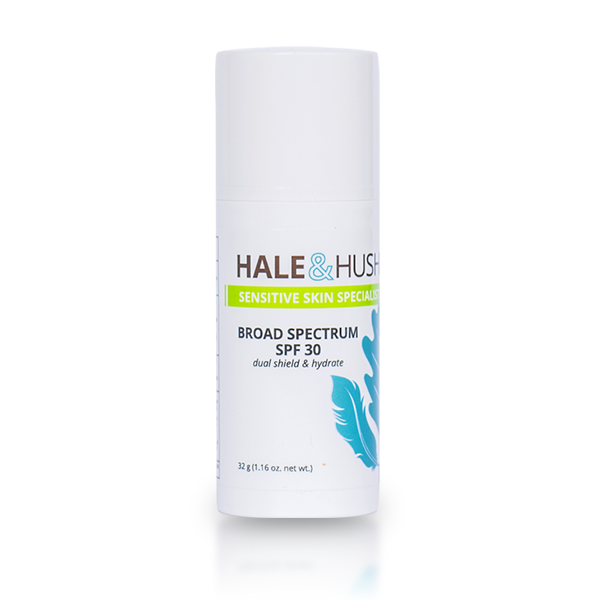Let’s talk about Sensitive Skin and Sunscreen
In honor of July being UV month…
My best friend is my dermatologist although I’m pretty sure she has no idea.
If I’m being honest, I have a few regrets in my life. Ok, maybe more than a few but that’s another blog post. One of the biggest regrets I have is not understanding and respecting the importance of sun care and particularly sunscreen. I have a standing appointment with my dermatologist to get my skin checked every three months and it is rare that I leave without having something frozen off or cut out or otherwise treated.
I have sensitive skin and it’s reactive to just about every external condition that exists. Perhaps this is how I ended up devoting my time and energy to helping people with their skin. In particular, people who are dealing with the effects of Cancer and Cancer treatments. Oncology patients have an additional consideration when it comes to skin. Often the treatments for Cancer will cause skin sensitivities that make the sun that much more of a formidable opponent.
Chemotherapy, radiation, and other targeted therapies can make the skin phototoxic or photosensitive. These are conditions where skin has a heightened sensitivity to the sun. This translates into more sunburn, more quickly.
So now let’s talk about sunscreen……..
There are two different types of sunscreen Mineral (physical) and Chemical
There are pros and cons to both and which is better will be a matter of personal opinion
Mineral sunscreen creates a physical barrier on the skin that deflects the suns’ harmful rays
Chemical sunscreen penetrates the top layer of the skin and absorbs the harmful rays of the sun before they have a chance to harm you
Mineral sunscreens are generally thicker and therefore not as easy to apply
Chemical Sunscreens are not as thick, easier to apply and don’t leave a chalky film on the skin
Mineral sunscreens can tend to wash off more easily because they are sitting on the skin and not absorbed by it which means they may need to be reapplied more often.
Mineral sunscreens are often well tolerated by the skin
Chemical sunscreens can contain irritants that will be problematic for sensitive skin.
Chemical sunscreens are easier to add additional ingredients into because of their consistency so you have to check on other added ingredients to make sure your skin will tolerate them
With that said, either type of sunscreen is infinitely better than no sunscreen unless you absolutely cannot tolerate either in which case speak to your dermatologist for advice and consider sun protectant clothing options when you are outdoors.
Chemical sunscreens can contain irritants that will be problematic for sensitive skin.
So the moral of the story or maybe just this blog post is please, please, please protect your skin. If you have sensitive skin due to Cancer-related issues, Sunscreen is a must. Make a habit out of applying it daily and remembering to reapply it throughout the day. With so many to choose from, I’ll give you my recommendation to help simplify things. I am a believer in this brand. It is what I use on my skin, my children’s skin, and what I use and sell in my treatment room for Oncology safe services.
Broad Spectrum SPF 30 is the perfect combination of sun, sensitivity, and age defense.
This company knows what matters when it comes to compromised and sensitized skin and is used in many Oncology centers around the country today.
Hale & Hush Broad Spectrum SPF 30. Broad Spectrum SPF 30 is the perfect combination of sun, sensitivity, and age defense. Natural Zinc Oxide provides chemical-free broad-spectrum UVA/UVB protection at the surface while a specialized amino acid and algae blend provide UV protection at the cellular level.
be well, love your skin
Samantha




